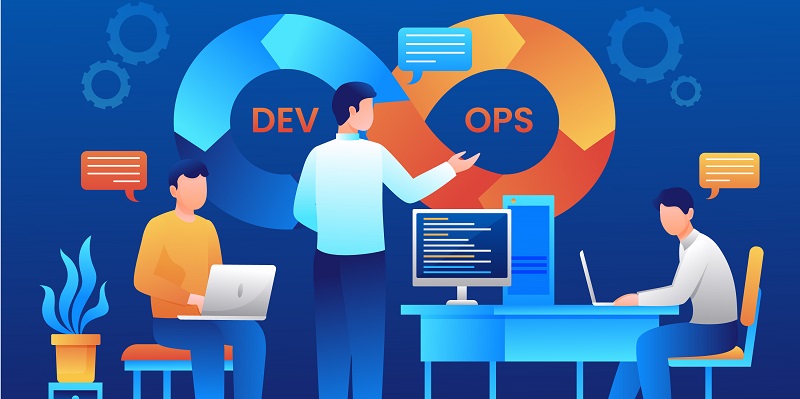The rapidly evolving technology landscape and ever-changing government requirements pose significant challenges for agencies that aim to stay ahead of the curve. To effectively keep pace, agencies need to leverage tools and strategies that support faster and automated software deployments. This article explores the evolution of DevOps within government agencies, the importance of automation in achieving efficiency and improved performance, and the key steps to successfully automate DevOps processes.
Evolution of DevOps in Government Agencies
Two decades ago, DevOps was barely on the government’s radar. Development teams in agencies operated in isolation, handling single applications at a time. However, as technology advanced and agencies recognized the need for efficiency, collaboration between developers and IT operations became imperative, leading to the birth of DevOps.
The Demand for Efficiency and Collaboration
The increasing demand for faster and more efficient software development processes compelled agencies to embrace collaboration between development and operations teams. By breaking down silos, agencies began to realize the benefits of streamlined communication, rapid feedback loops, and the alignment of development and operations goals.
Infrastructure as Code
Infrastructure as Code drives automation by enabling developers or system administrators to construct templates that describe how resources should behave. This approach ensures consistency across the infrastructure and enables teams to recreate it whenever needed, regardless of the deployment location.
Standardized and Automated Testing
To ensure successful DevOps adoption, standardized and automated testing is crucial. Manual testing of operational components is labor-intensive, error-prone, and undermines the benefits of adopting DevOps. Automated, continuous testing eliminates human error and ensures that all bugs are resolved before production.
DevOps Automation Tools in Hybrid Cloud Environments
The complexity of hybrid cloud environments necessitates the use of DevOps automation tools. These tools optimize the software development lifecycle, improve performance, and streamline the DevOps pipeline. They provide essential features for continuous integration, continuous delivery, infrastructure management, and monitoring.
Advantages of Automation
Automating DevOps offers several benefits, including increased efficiency, improved collaboration, faster deployment cycles, reduced errors, and enhanced scalability. Moreover, automation enables agencies to remain agile and responsive to evolving technology trends and government requirements.
In the face of evolving technology and stringent government mandates, agencies must prioritize the adoption of automation in their DevOps processes. By breaking down silos, leveraging Infrastructure as Code, embracing automated testing, and utilizing DevOps automation tools in hybrid cloud environments, agencies can achieve greater efficiencies and improved performance. Embracing automation empowers agencies to keep pace with the rapidly changing technological landscape while adhering to evolving government requirements. Ultimately, automating DevOps is a vital step towards ensuring the success and effectiveness of government agencies in this digital age.

